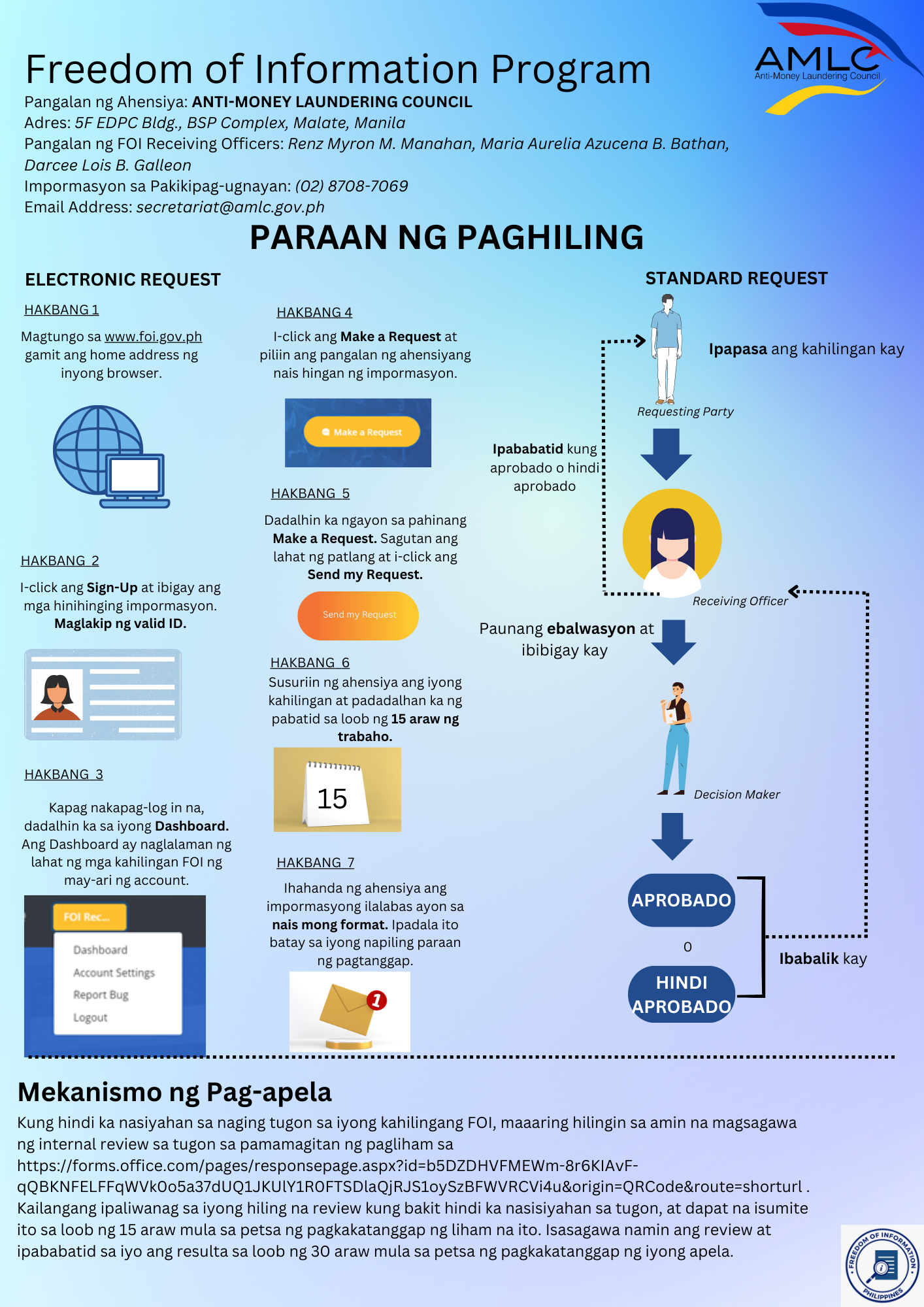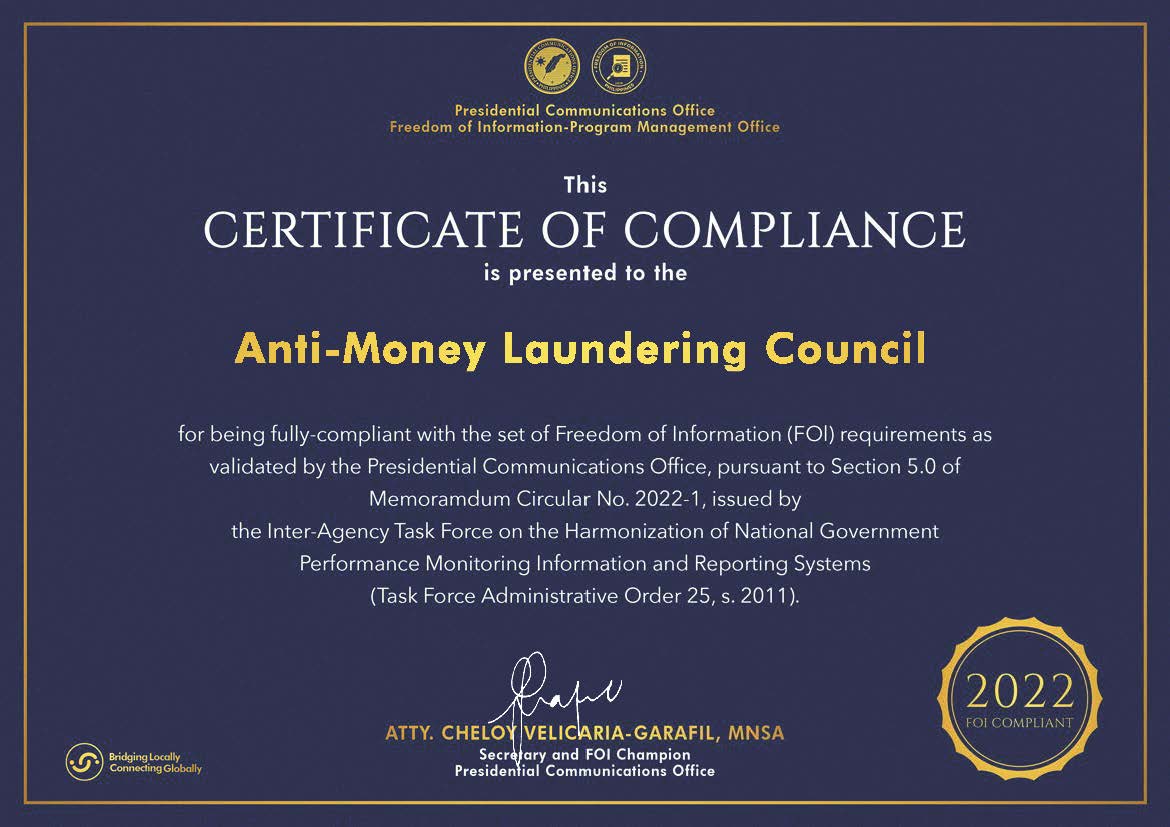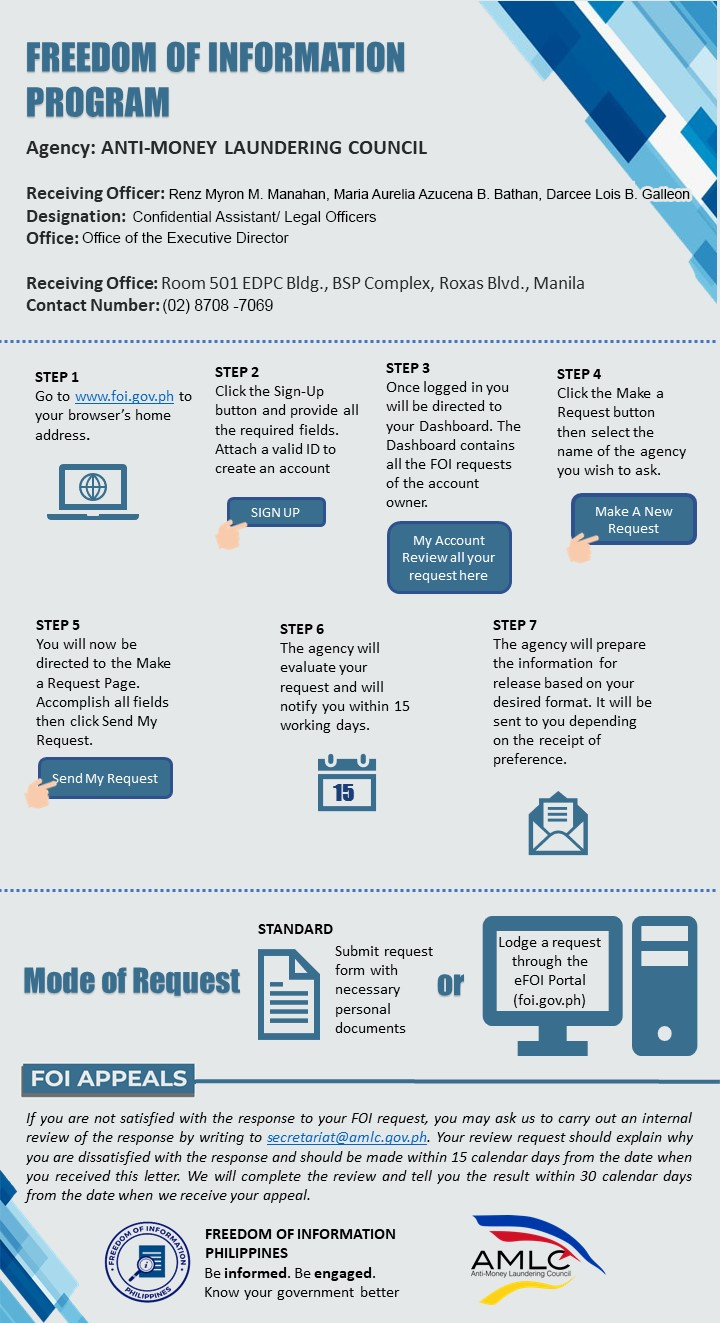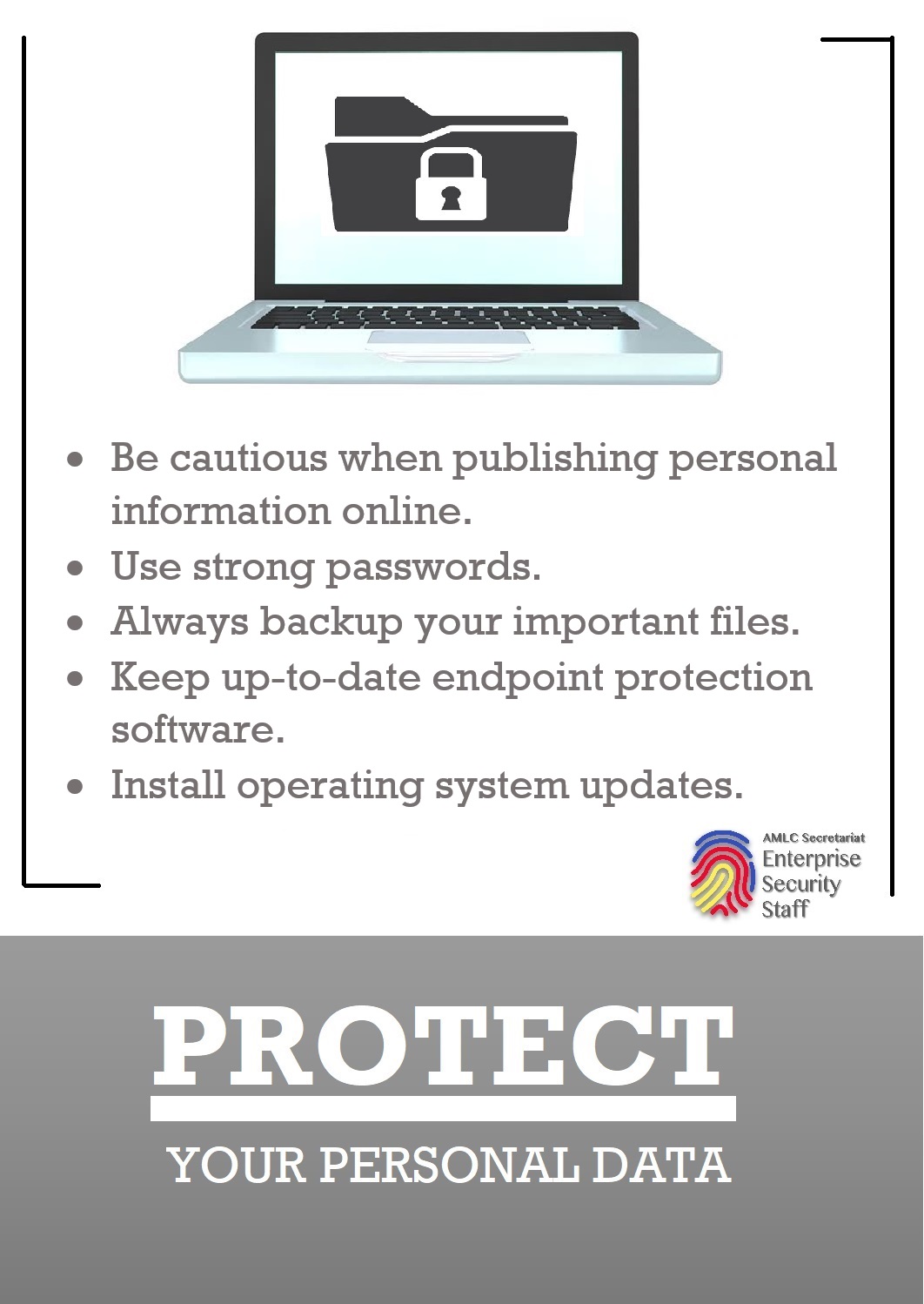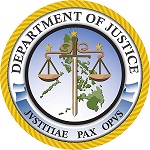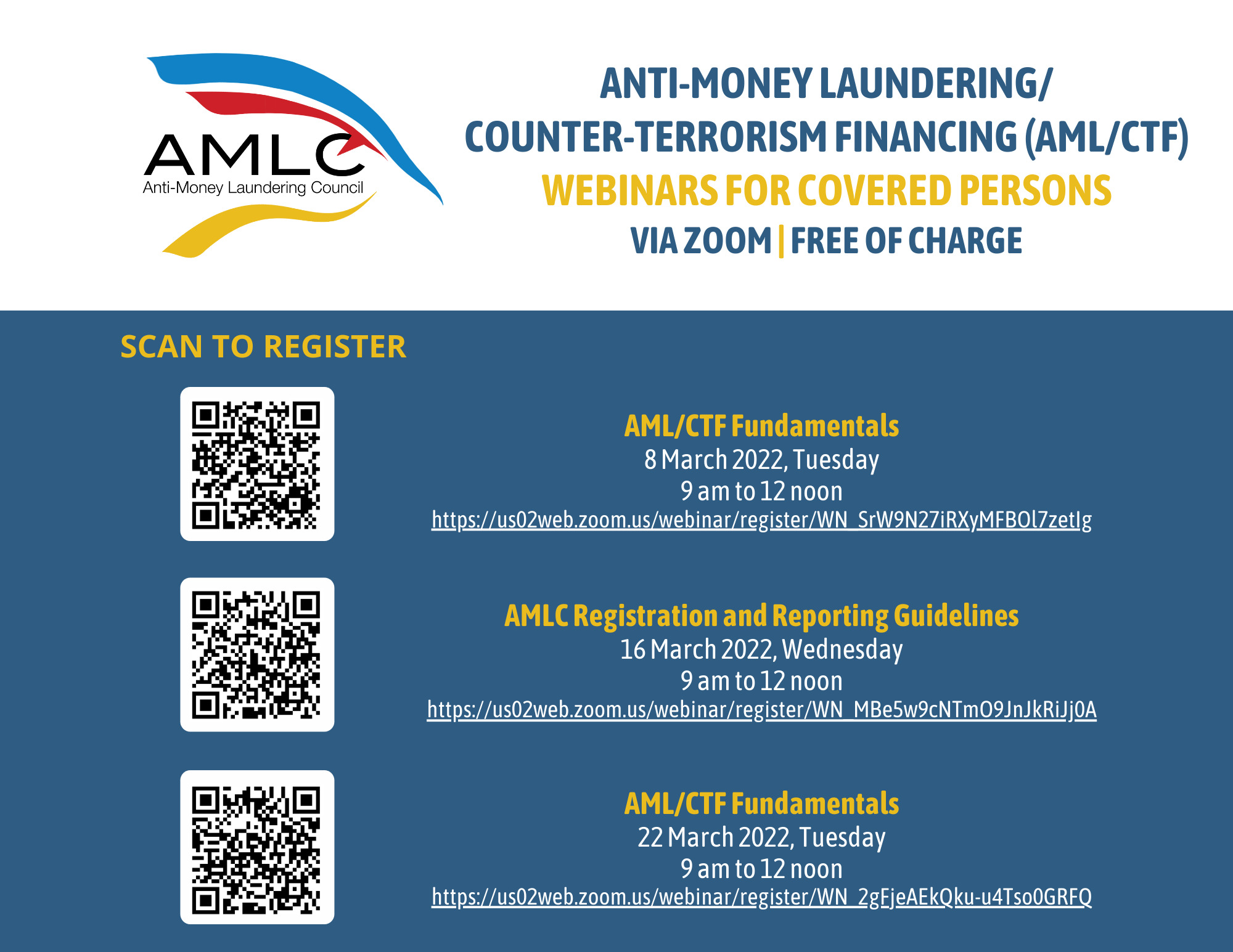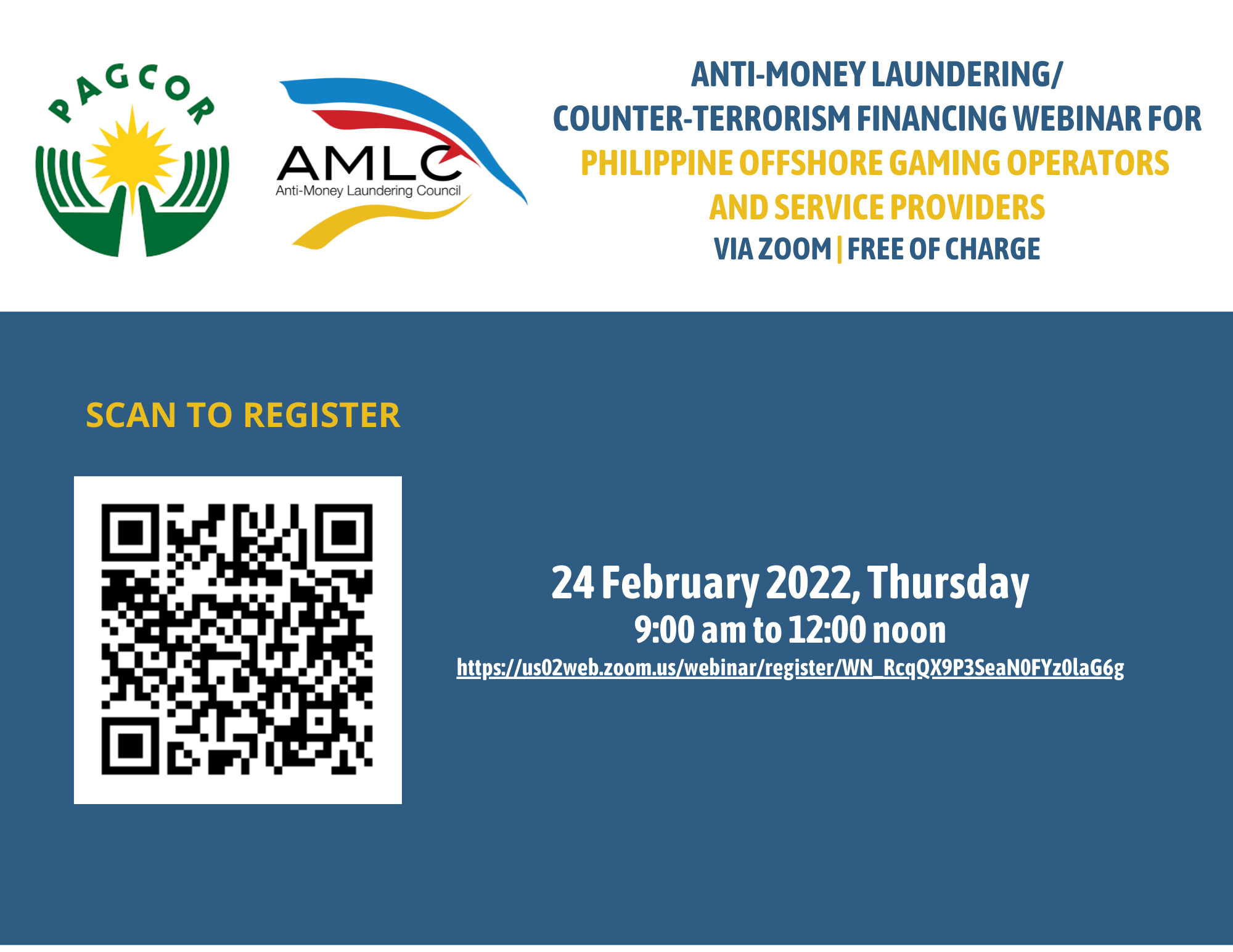In anticipation of the influx of financial activities that usually occur during the election period, and to ensure that proceeds from unlawful activities are not laundered during the campaign period, all covered persons are reminded of their obligations under the Anti-Money Laundering Act of 2001, as amended, and its Implementing Rules and Regulations to conduct appropriate customer due diligence measures, including ongoing monitoring, electronic or otherwise, of their customers’ transactions; and to file suspicious transaction reports, if warranted under the circumstances.
Covered persons must be mindful of the following red flag indicators and suspicious behaviors that are related/linked or are analogous to possible money laundering activities or any of its unlawful activities:
• Significant or large transactions occurring in a short period of time;
• Unjustified large cash deposits and withdrawals;
• Transactions seem to be inconsistent with the customer’s financial profile or declared business;
• Unusual transactions or activities compared with normal everyday trade or dealings;
• Structured cash deposits and money transfers;
• Use of multiple accounts by a single transactor; and
• Use of several money service businesses to send funds.
The Anti-Money Laundering Council remains steadfast in performing its functions as the country’s Financial Intelligence Unit and primary implementor of anti-money laundering laws and regulations.
Posted 14 February 2022


 REVISED 2 3.jpg)

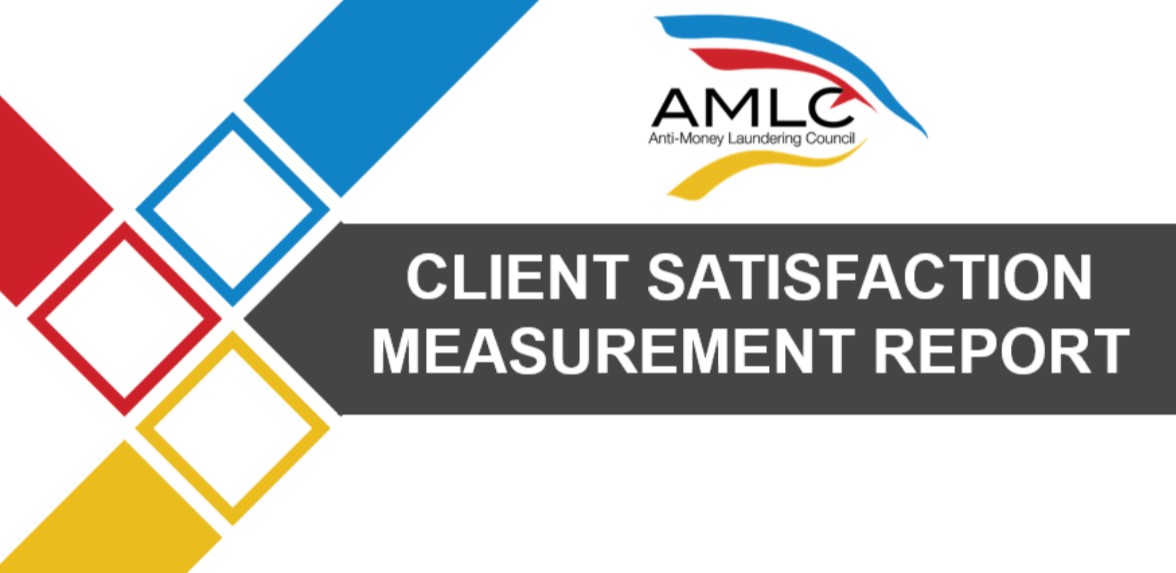 2024 (First Edition)
2024 (First Edition)